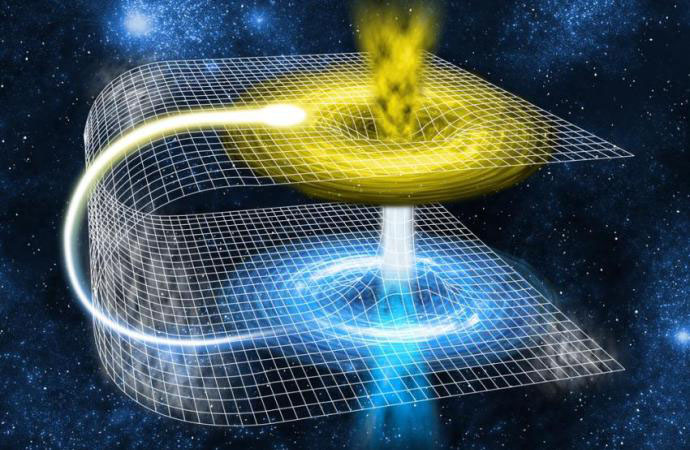On to today's exercise...
If you have some idea of your plot by now, get out whatever plot notes you have and write down ten things (minimum) that your speculative element can do to your plot.
Example: In a magic world, traveling across a continent doesn't *have* to take weeks. In an advanced biotech world, maybe people don't have to die. What does that do to a quest fantasy in which the travel portion leads the heroes into more adventures? What does it do to the villain if he cannot die? Or the hero?
If you don't have any ideas about your plot, but you do know what kind of speculative elements you want in your [campaign setting], that's fine. Just look at your notes for that element and start asking yourself "what could I do with this element? Can I have my hero or villain use it? Refrain from using it? Is it a threat? A convenience? Both? What happens when it fails?Does it change some ubiquitous thing, like a technology that makes communication instantaneous, or a supernatural force that eats people in the dark (therefore making candles and lanterns necessary and commonplace).My Faster-Than-Light mechanism seems to have spurred the biggest discussion, so that's likely a good place to start. I've only got the bare-bones idea about the first story arc, so I think I'll be better served by asking myself "what can I do with a Jump Drive or Jump Gate?"
- Attack a gate to prevent reinforcements from being sent to another system.
- Attacking to control a gate is a valid and accepted tactic of war. Intentional destruction of a gate is considered a war crime due to how vital they are for interstellar stability. Even the Drachon Clans shun such a tactic.
- Mine or ambush of a known arrival point is a questionable and dishonorable tactic, but it is still used during times of war.
- Jump Gates are controlled by the nation who built them, so someone trying to use a gate without authorization would have to take the command center or somehow hack the gate controls remotely.
- Theoretically, a gate could be made in a uninhabited star system and used to send ships to an unknown arrival point in another system
- Jump Drive failure could result in destruction of the drive or the ship. Jump gate failure could result in a failed jump, destruction of the ship, or possibly even the creation of a quantum singularity (which would be exceedingly bad for everyone nearby).
- Jump gates are necessary for interstellar communication. One-way messages between systems are possible only through the jump gate stations and jump gate buoys; which are placed at arrival points within star systems. Without the buoys at the arrival points, messages sent to the system from another jump gate could not be received. This would allow the possibility of someone destroying or moving a buoy and parking a communications ship in it's place to intercept incoming transmissions.
- Jump gates are necessary for interstellar trade. Many colonies on many worlds would fail without a constant supply of some needed resource (food, water, consumables, materials), while other planet's economies would fail without the income generated by those exports.
- Not everyone handles the journey through space-time well. Some people have varying degrees of jump-sickness; nausea, migraines, hives, asthma, sometimes even stroke or (in rare cases) death. It's almost always an "all or nothing" thing, meaning if you don't get jump-sickness you would never develop it later. No species is immune to it either, almost every race has a similar percentage that gets jump sickness.
- Some scientists have theorized alterations to the space-time equations that govern Jump technology. They theorize that by changing the space or time constant, the other variable would be affected; meaning by changing how long a jump takes, the distance jump could be affected (a ship jumps farther in a single jump, but it takes minutes, hours, or days before it arrives at the arrival point). Alternately, time could be folded more than space, and a jump through time could be possible. Research on the "long jump drive" is underway by a few corporations for the Union military, but all research on "temporal jump theory" is in a theoretical stage only (no practical temporal jump drives or gates are in development).
...oh yeah, I think those ten will do nicely...
Looks like tomorrow I go back to school, where we see how much people know in The Garden. I've also got to start making plans for the weekend; I'm going to be AFK for Saturday and most of Sunday, so I might have to write a couple days ahead of time, or make up for it on Monday (which I'm taking off from work).
We'll see how it goes.



No comments:
Post a Comment